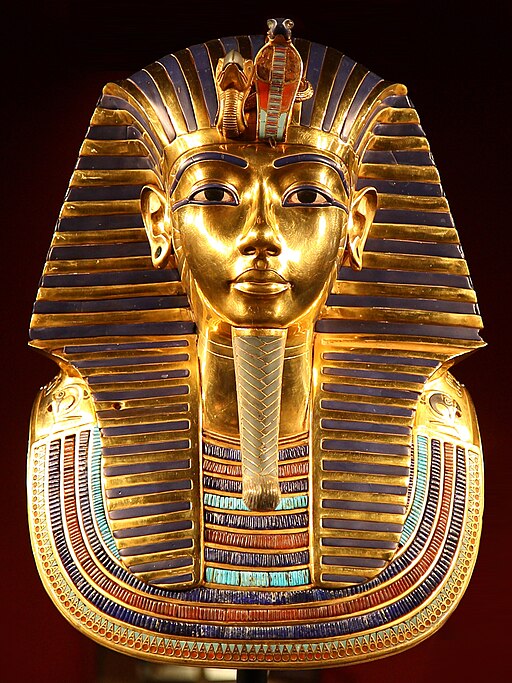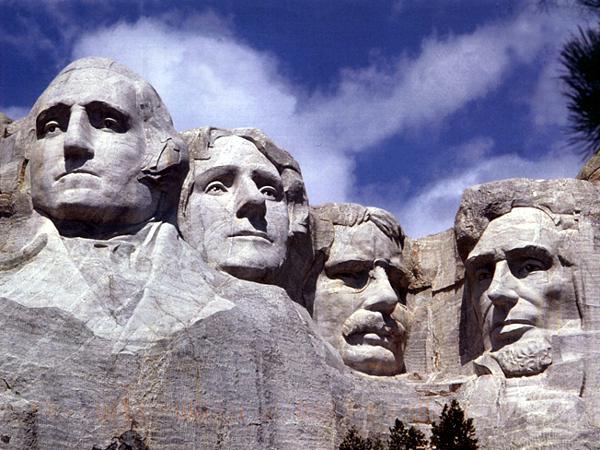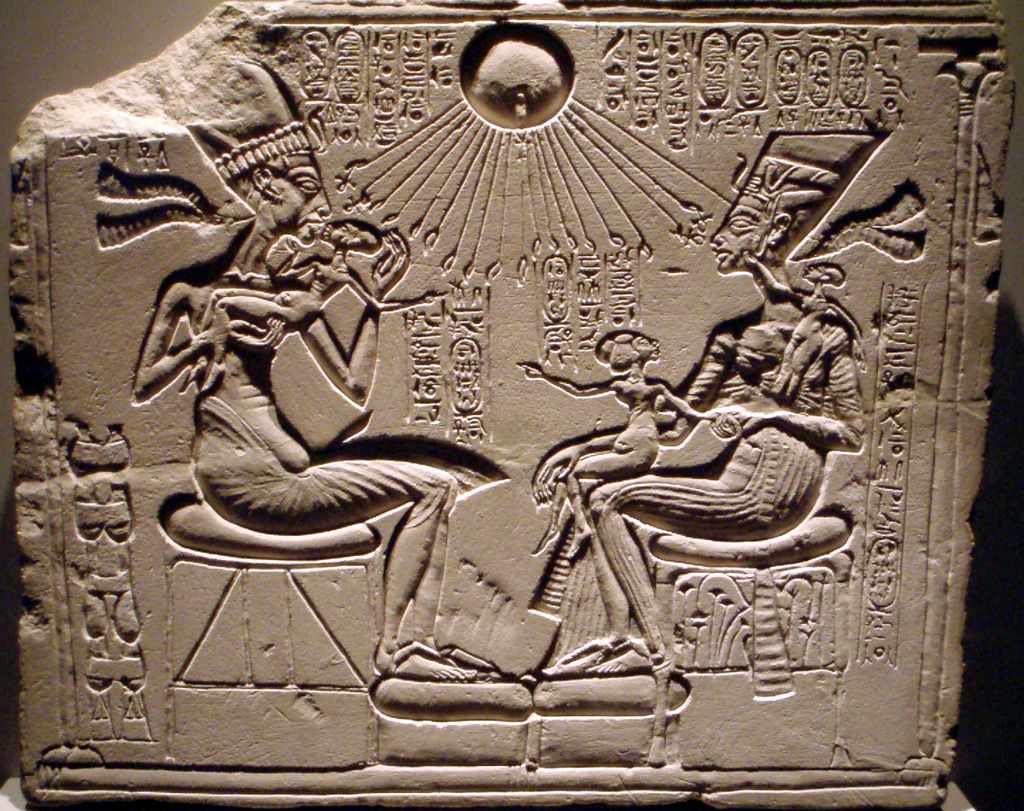
“What Our Lord Saw from the Cross” by James Tissot
“What Our Lord Saw from the Cross” by James Tissot depicts the view as seen from the cross by Christ as he looks out at the crowd arrayed before him. Mary Magdalene is in the immediate foreground, with her long red hair swirling down her back. She is leaning against the cross with hands clasped just below Christ’s feet, which are only visible at the bottom center of the painting. Behind her is the Virgin Mary clutching her breast, while John the Evangelist is next to her, looking up with hands clasped.
Few painters have attempted the challenging task of painting the point of view of Christ’s view from the Cross. Tissot manages to cover the diversity and range of possible reactions by the spectators to this terrifying event. The composition forces the viewer, who is conditioned to imagining this scene as an outsider, to imagine themselves on the cross and to consider Christ’s thoughts and feelings.
What was the view, as Chris gazed on the many spectators who loved him or hated him? Was he surrounded by friends and followers who were witnessing his crucifixion? How did his accusers participate in the final stages of his death?
Crucifixion, seen from the Cross
- Title: What Our Lord Saw from the Cross
- Alternative: Crucifixion, seen from the Cross
- Français: Ce que voyait Notre-Seigneur sur la Croix
- Artist: James Tissot
- Year: 1894
- Medium: opaque watercolor over graphite on gray-green wove paper
- Dimensions 24.8 × 23 cm (9.7 × 9 ″)
- Museum: Brooklyn Museum
~~~

“Jesus Found in the Temple” by James Tissot
“Jesus Found in the Temple” by James Tissot depicts an episode in the young life of Jesus as described in the Gospel of Luke. It is the only event of the later childhood of Jesus mentioned in a gospel.
The episode describes how Jesus, at the age of twelve, accompanies Mary, Joseph, and their relatives and friends to Jerusalem on pilgrimage, for Passover. On the day of their return, Jesus “lingered” in the Temple, but Mary and Joseph thought that he was among their group. Mary and Joseph headed back home, and after a day of travel realized Jesus was missing, so they returned to Jerusalem.
Jesus was found three days later in The Temple in discussion with the elders. They were amazed at his learning, given his young age. When admonished by Mary, Jesus replied:
“Did you not know that I must be in my Father’s house?”
Jesus Found in the Temple
- Title: Jesus Found in the Temple
- Français: Jesus retrouvé dans le temple
- Artist: James Tissot
- Year: 1894
- Medium: opaque watercolor over graphite on gray-green wove paper
- Dimensions Height: 25.7 cm (10.1 ″); Width: 17.6 cm (6.9 ″)
- Museum: Brooklyn Museum
~~~

“Jesus Wept” by James Tissot
“Jesus Wept” by James Tissot depicts Jesus’ reaction on hearing of the death of Lazarus of Bethany, a follower of Jesus. Lazarus’s sisters, Mary and Martha, had sent word to Jesus of their brother’s illness and impending death, but Jesus arrived four days after Lazarus died.
After talking to the grieving sisters and seeing Lazarus’s friends weeping, Jesus was deeply moved. Affected by the loss, “Jesus wept.”
After asking where Lazarus had been laid, he went to the tomb and told the people to remove the stone covering it. Jesus prayed aloud to his Father and ordered Lazarus to come out, resurrected.
Jesus Wept
- Title: Jesus Wept
- Français: Jésus pleura
- Artist: James Tissot
- Year: 1894
- Medium: opaque watercolor over graphite on gray-green wove paper
- Dimensions Height: 17.1 cm (6.7 ″); Width: 22.7 cm (8.9 ″)
- Museum: Brooklyn Museum
~~~
James Tissot
Jacques Joseph Tissot (1836 – 1902), anglicized as James Tissot, was a French painter and illustrator. He was a successful painter in Paris before moving to London in 1871. He became famous as a genre painter of fashionably dressed women.
Late in his career, Tissot had a revival of his Catholic faith, which led him to spend the last fifteen years of his life making paintings about Biblical events. At a time when French artists were working in impressionism, pointillism, and heavy oil washes, Tissot was moving toward realism in his watercolors.
To assist in his completion of biblical illustrations, Tissot traveled to the Middle East in the late 1880s to make studies of the landscape and people.
James Tissot
- Name: Jacques Joseph Tissot
- Born: 1836, Nantes, France
- Died: 1902 (aged 65), Chenecey-Buillon, France
- Nationality: French
- Notable works:
- The Life of Christ by James Tissot
- Crucifixion, seen from the Cross
- Jesus Found in the Temple
- Jesus Wept
- Fashionable Women by James Tissot
- The Life of Christ by James Tissot
~~~
French Artists you should Know
- Georges de La Tour (1593 – 1652)
- Nicolas Poussin (1594 – 1665)
- Élisabeth Sophie Chéron (1648 – 1711)
- François Boucher (1703 – 1770)
- Jean-Honoré Fragonard (1732 – 1806)
- Jacques-Louis David (1748 – 1825)
- Jean-Auguste-Dominique Ingres (1780 – 1867)
- Eugène Delacroix (1798 – 1863)
- Rosa Bonheur (1822 – 1899)
- Jean-Léon Gérôme (1824 – 1904)
- Camille Pissarro (1830 – 1903 )
- Édouard Manet (1832 – 1883)
- Edgar Degas (1834 – 1917)
- Paul Cézanne (1839 – 1906)
- Auguste Rodin (1840 – 1917)
- Claude Monet (1840 – 1926)
- Pierre-Auguste Renoir (1841 – 1919)
- Berthe Morisot (1841 – 1895)
- Henri Rousseau (1844 – 1910)
- Gustave Caillebotte (1848 – 1894)
- Paul Gauguin (1848 – 1903)
- Jean Béraud (1849 – 1935)
- Georges Seurat (1859 – 1891)
- Henri de Toulouse-Lautrec (1864 – 1901)
- Pierre Bonnard (1867 – 1947)
- Artists and their Art
- Famous French Artist You Should Know
~~~
“There is something of the human soul in his work, and that is why he is great, immense, infinite.”
– Vincent van Gogh on James Tissot
~~~
Photo Credit: 1) James Tissot [Public domain]
Popular this Week








 Sponsor your Favorite Page
Sponsor your Favorite Page SEARCH Search for: Search Follow UsJoin – The JOM Membership Program
Sponsor a Masterpiece with YOUR NAME CHOICE for $5
Share this:
- Tweet
